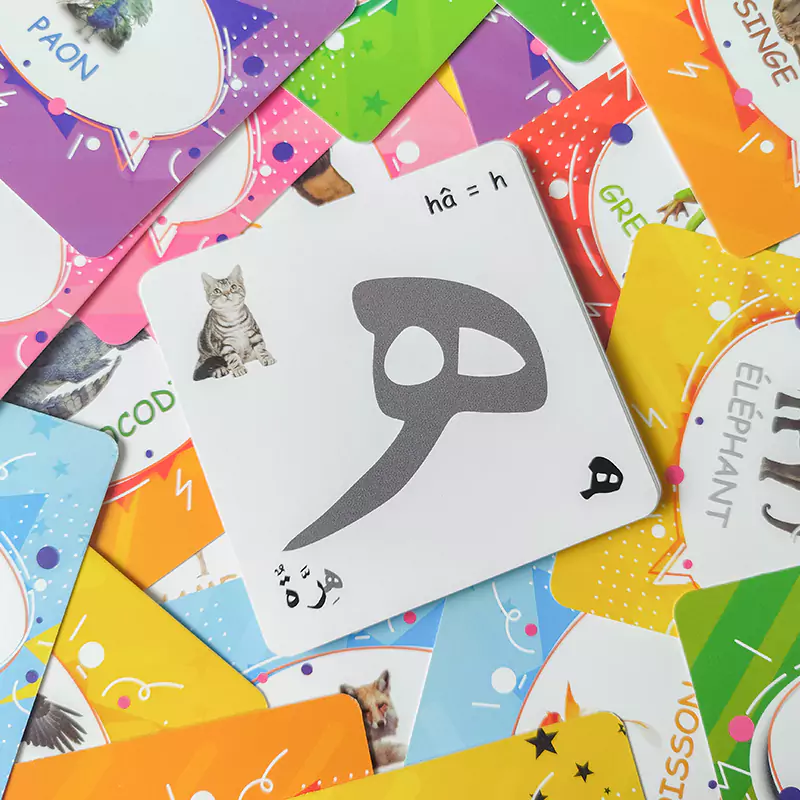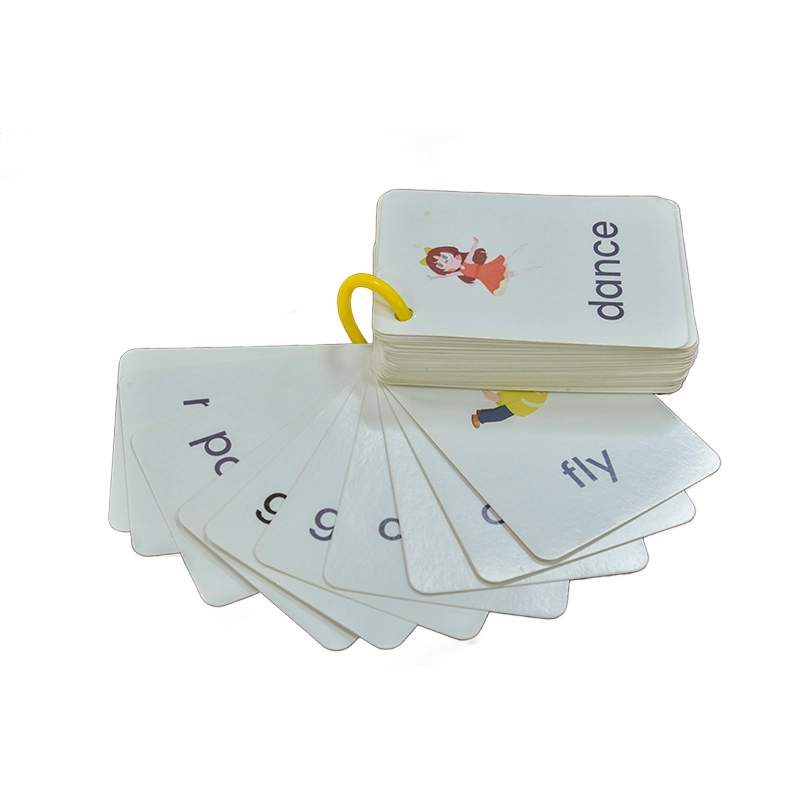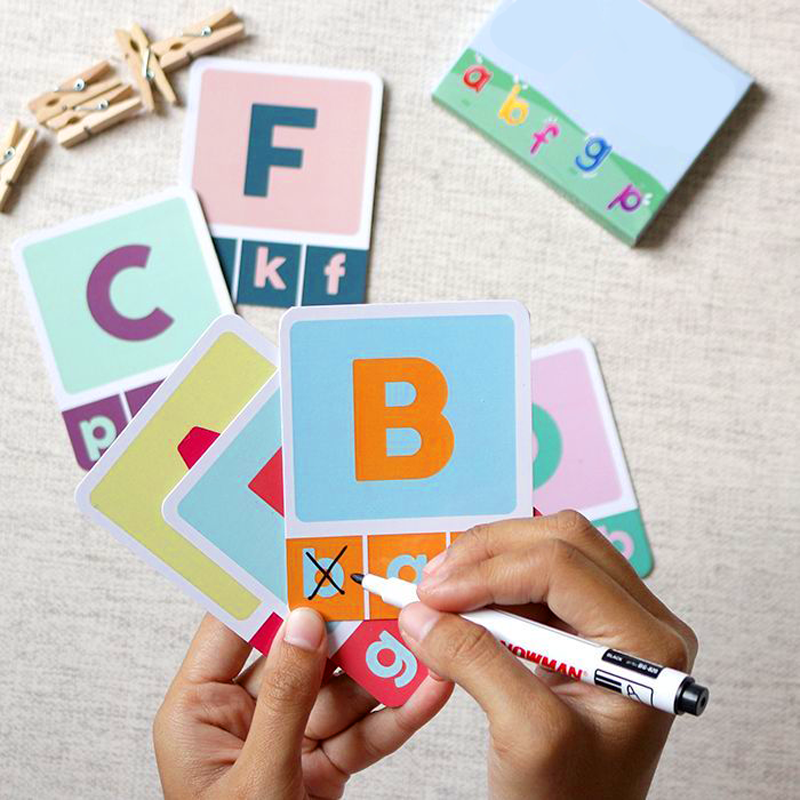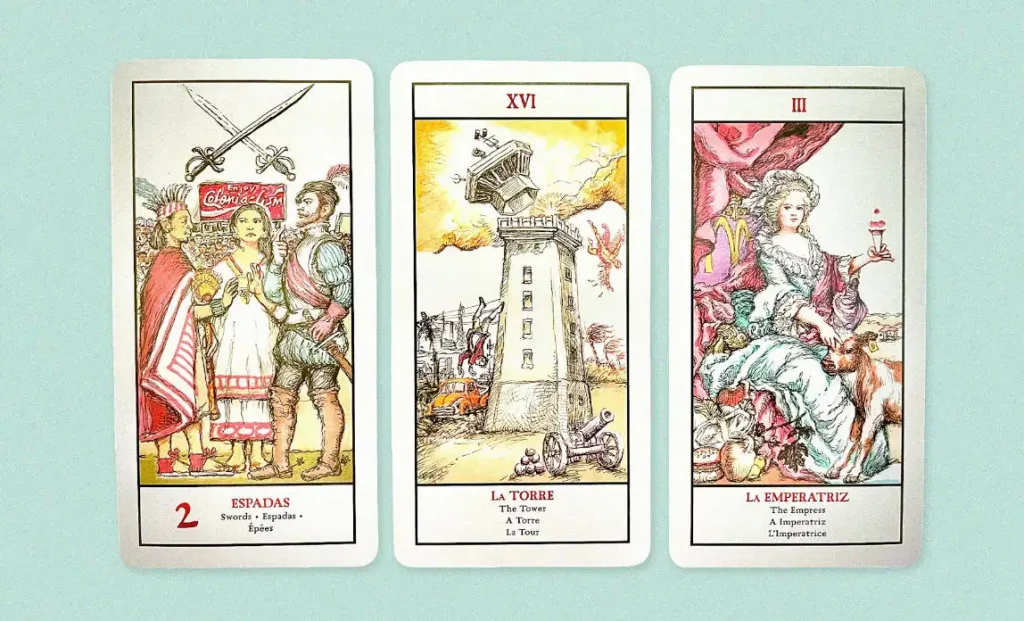
Hey there, if you’re a fresh face in game development, diving into tarot cards might sound a bit out there at first. But trust me, these ancient symbols packed with mystery can spark some wild ideas for your next project. Tarot isn’t just for fortune-tellers anymore—it’s popping up in indie games, board setups, and even digital apps. As a new developer, you might be scratching your head wondering how to twist them into something fresh. This post digs into innovative tarot card concepts tailored just for you folks starting out. We’ll chat about blending old-school vibes with new tech, share some real-world tips, and yeah, throw in a bit about a solid supplier to get your prototypes rolling. Let’s jump in.
Understanding Tarot’s Role in Game Design
Tarot cards have been around for centuries, originally as playing cards in Europe before they turned into tools for divination. Fast forward to today, and they’re a goldmine for game devs looking to add depth without reinventing the wheel.
What Exactly Are Tarot Cards?
A standard tarot deck has 78 cards split into the Major Arcana (22 cards like The Fool or Death, each with big symbolic punches) and the Minor Arcana (56 cards divided into suits like Cups, Swords, Pentacles, and Wands, kinda like regular playing cards but with more story). Each card’s got artwork that’s rich in imagery—think archetypes, emotions, and life lessons. For game developers, this means built-in narratives. No need to craft everything from scratch; the cards already carry weight.
But here’s a quirky side note: I once chatted with a dev at a small con who used tarot for random plot generators in his RPG prototype. It worked like a charm for quick sessions, but he admitted it sometimes led to hilariously mismatched stories, like a knight pulling the Tower card and ending up in a comedy of errors. Stuff like that keeps things fun and unpredictable.
Why Bother with Tarot in Your Games?
New devs often stick to safe bets like match-three puzzles or endless runners, but tarot lets you stand out. It adds layers of strategy, storytelling, and replayability. Imagine a game where players draw cards to influence outcomes—it’s not just luck; it’s about interpreting symbols to make choices. Stats show indie games with narrative elements see higher engagement; for instance, a 2023 report from itch.io noted that story-driven titles get 30% more downloads on average. Plus, tarot appeals to niche crowds like occult enthusiasts or casual gamers wanting something deeper than Candy Crush.
And honestly, in a crowded market, why not? Tarot concepts can cross genres: horror adventures, cozy mysteries, or even educational tools for kids learning empathy through card interpretations.
Brainstorming Innovative Tarot Card Concepts
Alright, let’s get to the meaty part. As a new developer, you’re probably bootstrapping ideas on a shoestring budget. Here are some fresh twists on tarot that could turn heads. I’ll break them down with examples to make it concrete.
- Digital Fusion with AR Elements:Picture a mobile game where players scan physical tarot cards with their phone to unlock augmented reality overlays. The Death card could summon a ghostly figure that interacts with your real-world surroundings. New devs, start small—use free tools like Unity’s AR Foundation. I recall a solo dev who prototyped this for a horror game; it went viral on TikTok with over 50k views in a week, all from a simple demo.
- Themed Variations for Niche Markets:Ditch the classic Renaissance art. Go for cyberpunk tarot where The Magician is a hacker, or eco-friendly decks with nature spirits. For new game developers, this means customizing for audiences like sci-fi fans. Tie it to a board game where draws affect resource management. One example: a dev team I followed on Reddit created a post-apocalyptic tarot game that sold 1,000 copies in its first month on Kickstarter, thanks to unique themes pulling in backers.
- Narrative Branching in Video Games:Use tarot as a decision engine. Players draw cards at key moments, and interpretations branch the story. Add multiplayer where friends debate card meanings. It’s deep without being overwhelming. Pro tip: Balance it so no draw feels like a total loss—maybe each card has upsides based on context.
- Educational Twists for Learning Games:For devs targeting families, tarot-inspired flashcards teach history or psychology. Innovate by making cards interactive; flip one to reveal a mini-game. Numbers-wise, educational games grew 15% last year per SuperData Research, so there’s room here.
To visualize some pros and cons of these concepts, check this quick table:
| Concept | Pros | Cons | Best For New Devs? |
| AR Fusion | High engagement, viral potential | Needs tech know-how, battery drain | Yes, if you’re into mobile |
| Themed Variations | Easy customization, niche appeal | Art costs add up | Absolutely, start with digital mocks |
| Narrative Branching | Deep storytelling | Balancing randomness is tricky | Yep, prototype with Twine |
| Educational Twists | Broad market, positive impact | Less “cool” factor | Great for beginners focusing on impact |
These aren’t exhaustive, but they give you a jumping-off point. Experiment—tarot’s flexible.
Hands-On Tips for New Game Developers
Getting from idea to prototype? It’s tougher than it looks, especially when you’re juggling day jobs or school. Here’s some straightforward advice drawn from chats with indie folks.
First off, sketch your concepts. Grab paper and doodle card layouts. Don’t worry about perfection; my first attempts were messy scribbles that evolved into something playable.
Then, source materials wisely. For physical prototypes, print low-res versions at home. Digital? Tools let you test without spending a dime.
Build a community early. Share WIPs on forums. Feedback can pivot your innovative tarot card concepts from meh to must-play.
Oh, and budgeting: Aim for under $500 on initial runs. Use print-on-demand services for testing. I know a dev who blew his budget on fancy foils too soon—lesson learned the hard way.
- Test iterations:Playtest with friends. Note what confuses them.
- Legal bits:Tarot symbols are public domain mostly, but check for trademarked twists.
- Marketing angle:Highlight “innovative tarot card concepts” in your pitches to attract curious players.
Keep it simple at first. Overcomplicating killed more projects than I’d like to admit.
Introducing Suba: A Trusted Tarot Cards Supplier
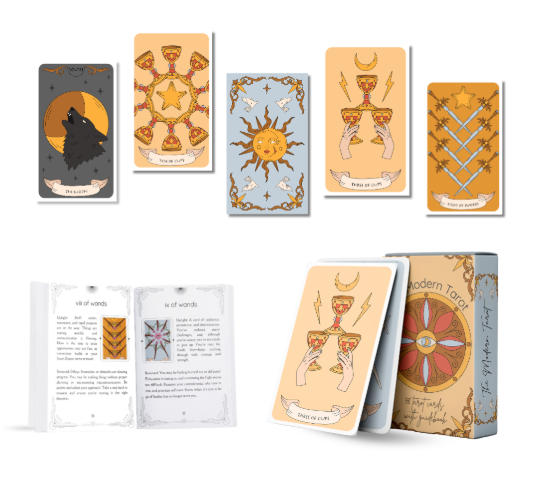
Before we wrap up, let’s talk about getting your hands on quality tarot cards without the hassle. If you’re turning those innovative ideas into physical products, partnering with a reliable manufacturer makes all the difference. Enter Suba, a company that’s been in the game for over 20 years, specializing in custom board games, playing cards, and yep, tarot cards.
Based out of a massive 20,000-square-meter factory, Suba packs in top-notch gear like automatic laminating machines, laser engravers, and packing lines. They’re not just churning out stuff—they’ve got certifications galore: ISO9001 for quality, FSC for sustainability, plus they’ve passed inspections from big names like Disney, Wal-Mart, and SEDEX. That means your products meet high standards, whether you’re shipping to Europe, North America, or Southeast Asia.
As a tarot cards supplier, Suba handles everything from design tweaks to full production. Want custom artwork on your decks? They’ve got you. Their team offers end-to-end service, starting with understanding your vision and rolling through proofs, quality checks, and safe delivery. New devs appreciate their sample options—stock ones are free (just cover shipping), and custom samples refund based on bigger orders. Lead times? Samples in 5-7 days, bulk in 10-15. It’s straightforward, and their experience with tarot means they can suggest tweaks for durability or that premium feel.
In short, if you’re a new game developer eyeing physical tarot elements, Suba’s a solid pick to bring your concepts to life without breaking the bank.
Conclusion
Wrapping this up, innovative tarot card concepts offer new game developers a playground of possibilities—from AR thrills to story-rich branches. It’s about blending tradition with your unique spin to create games that stick with players. Don’t rush; start small, iterate, and lean on suppliers like Suba for the manufacturing side. Who knows? Your next tarot-inspired hit could be the talk of the indie scene. Give it a shot—what’s the worst that happens? You learn something new.
FAQs
What are some simple innovative tarot card concepts for new game developers just starting out?
New game developers can kick off with basics like themed decks. For example, swap traditional symbols for modern ones, like turning The Lovers into AI companions in a sci-fi game. It’s easy to prototype digitally and scales up nicely.
How can innovative tarot card concepts help boost engagement in my game?
They add mystery and choice, making players feel involved. Think draws that alter story paths—users replay to see different outcomes. In my experience, this bumps retention by letting folks interpret cards their way.
As a new game developer, where do I find a good supplier for custom tarot cards?
Look at folks like Suba; they’re pros at custom runs with quick turnarounds. Send an inquiry, share your innovative tarot card concepts, and they’ll guide you through samples to production.
Are there any pitfalls when using innovative tarot card concepts in games?
Yeah, overcomplicating interpretations can confuse players. Keep rules clear. Also, cultural sensitivity matters—research symbols to avoid missteps. Test early to iron these out.
Can new game developers make money from tarot-inspired games?
Sure, especially on platforms like itch.io or Kickstarter. Niche appeal draws dedicated fans. One dev I know funded a full release after a tarot prototype demo pulled in $10k in pledges.


